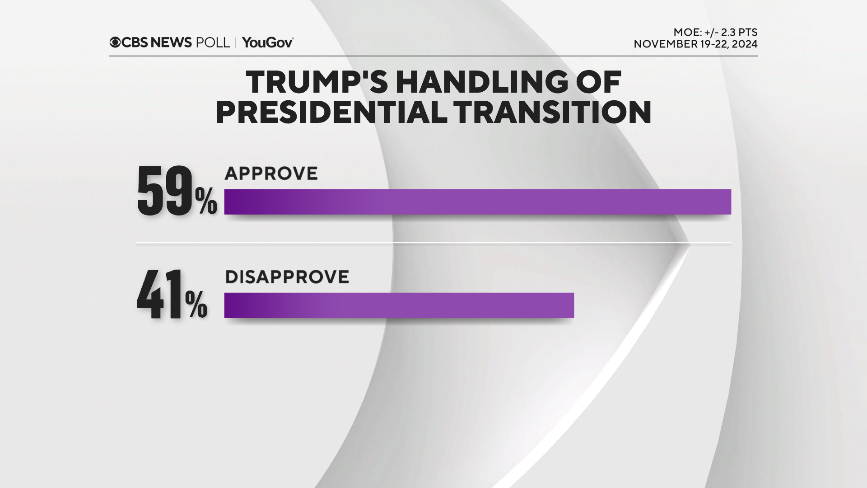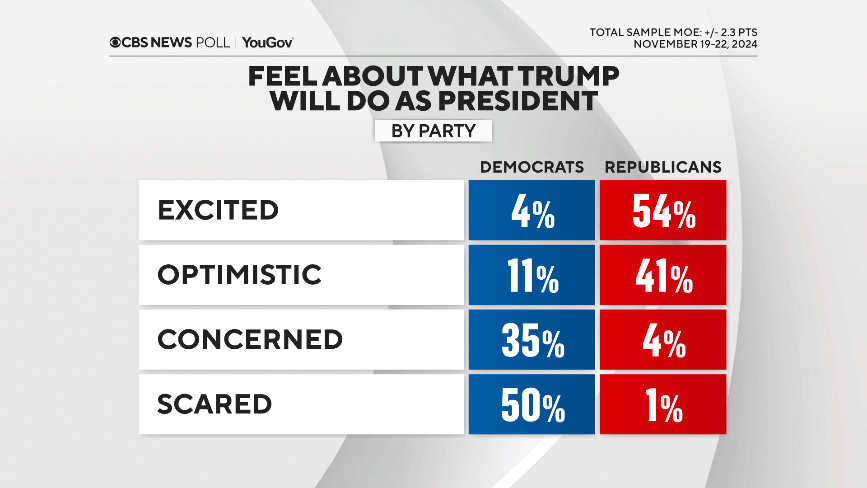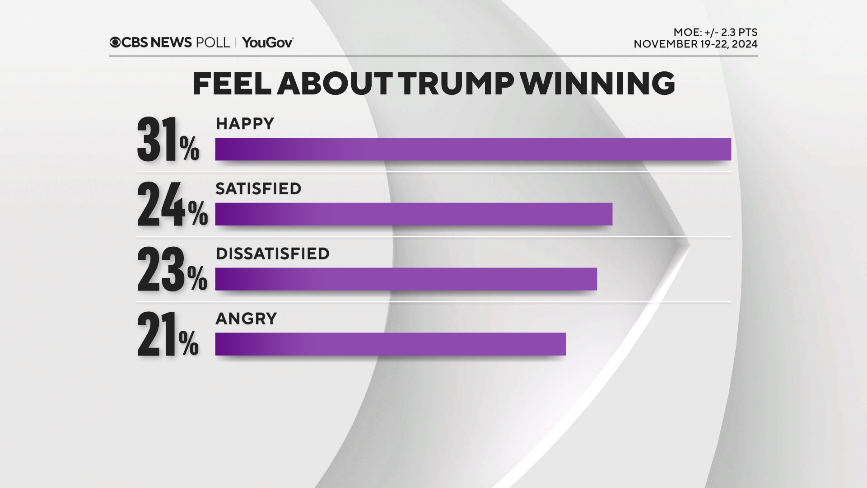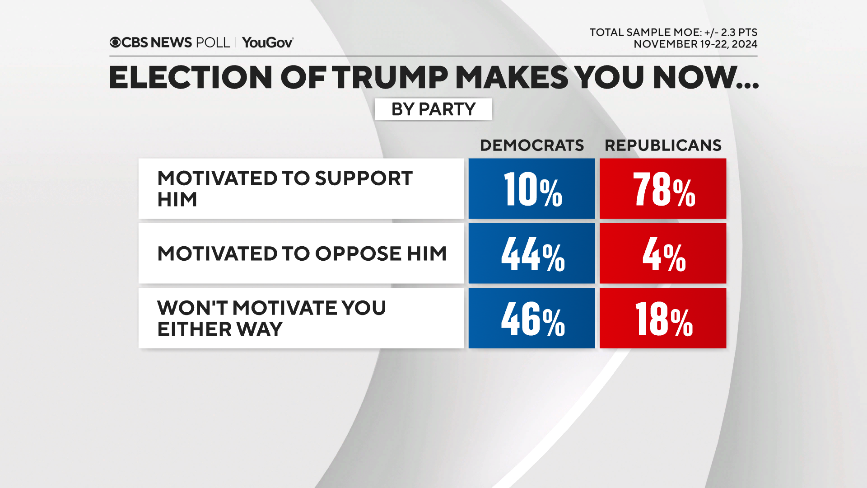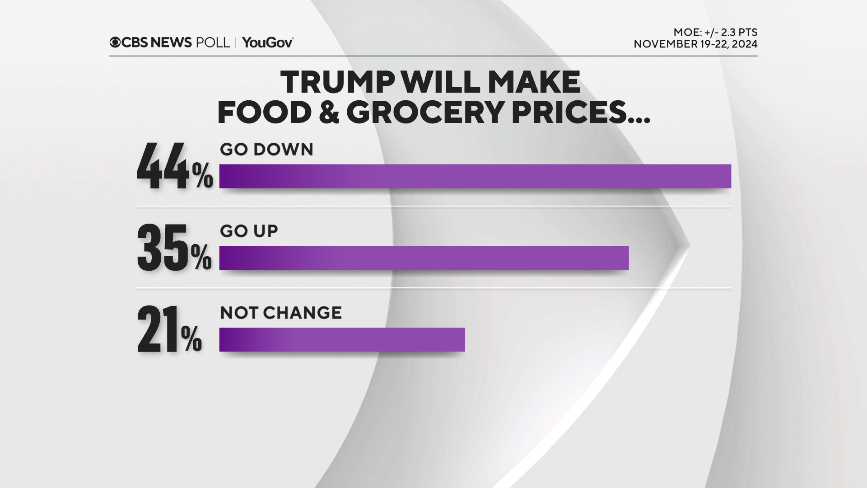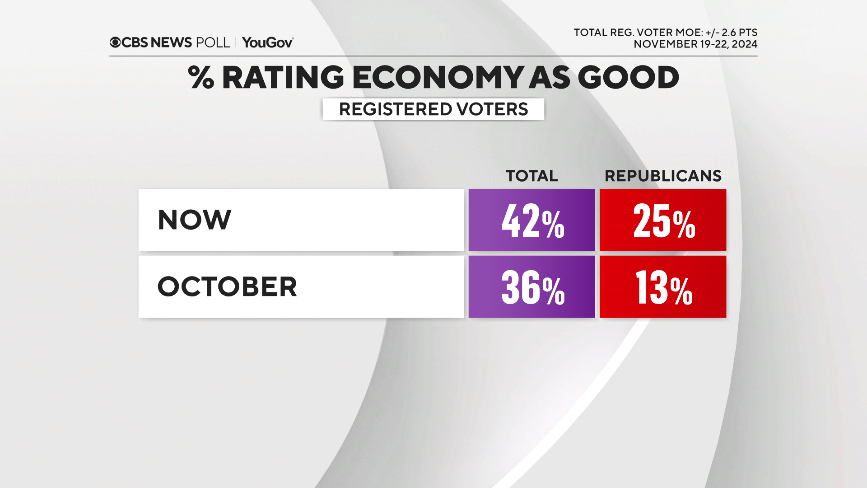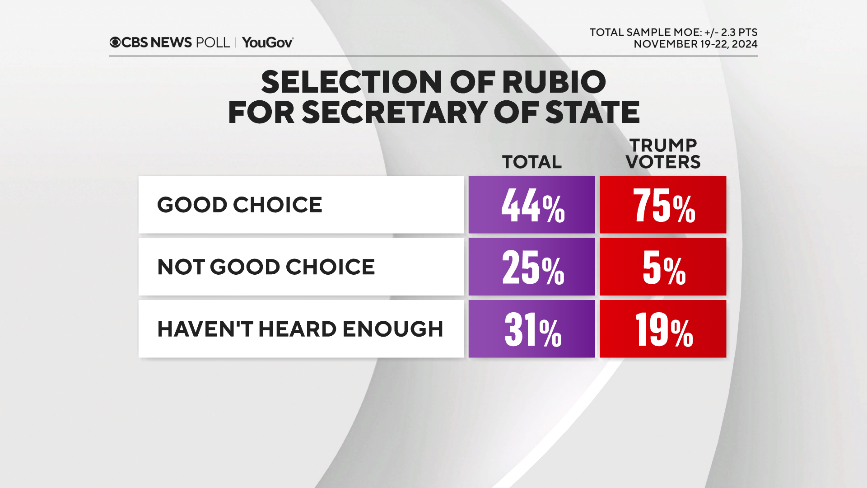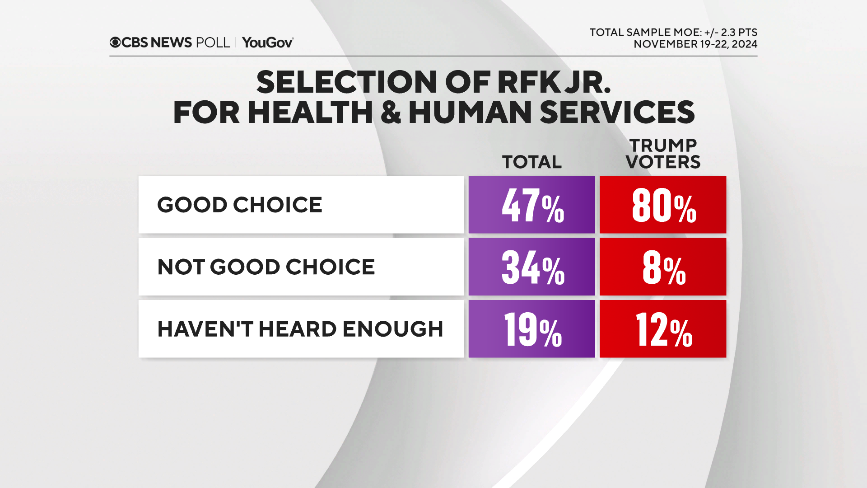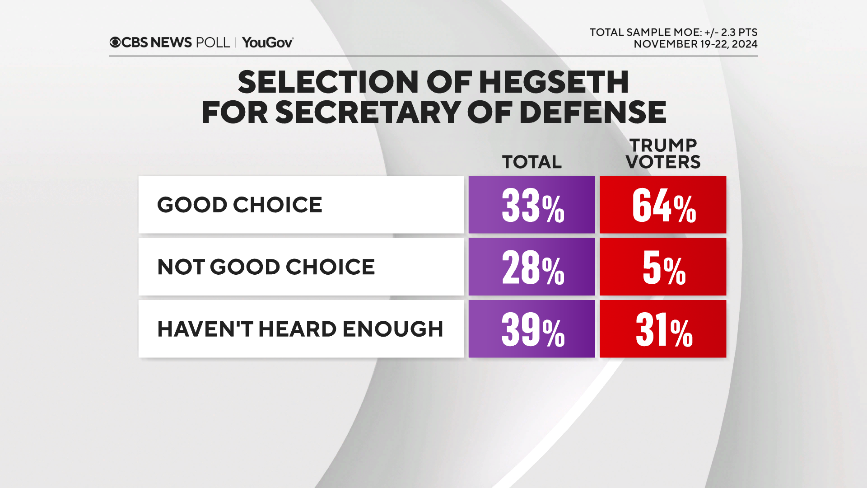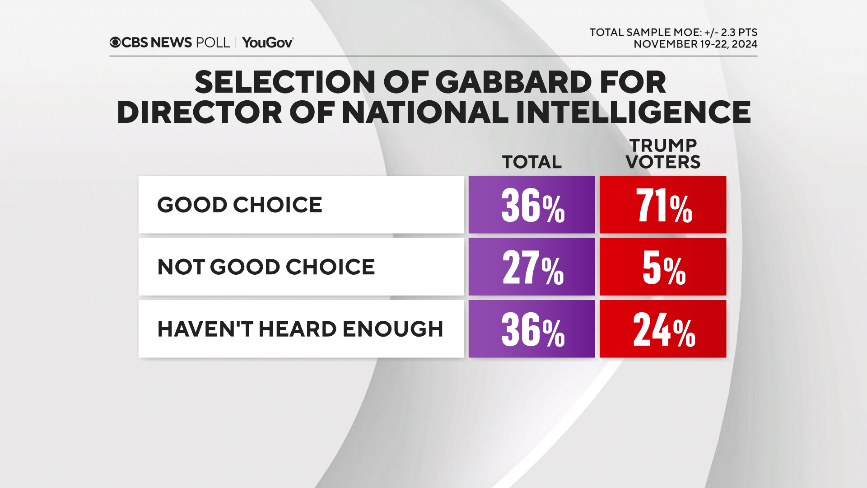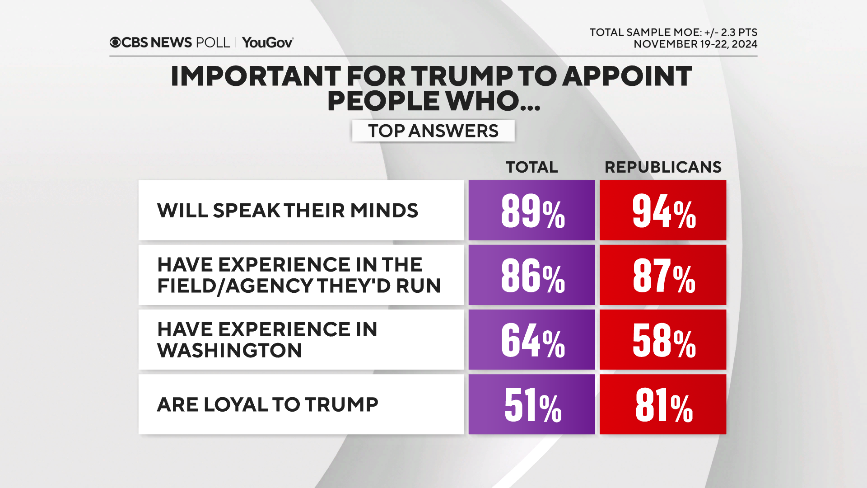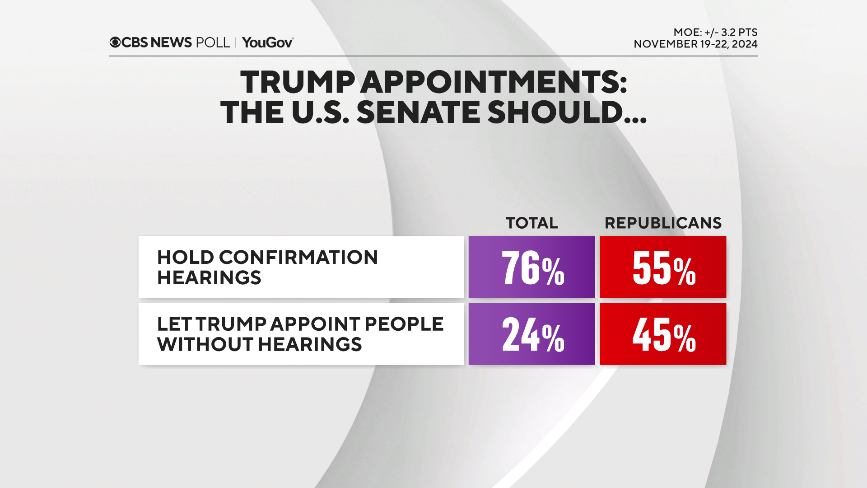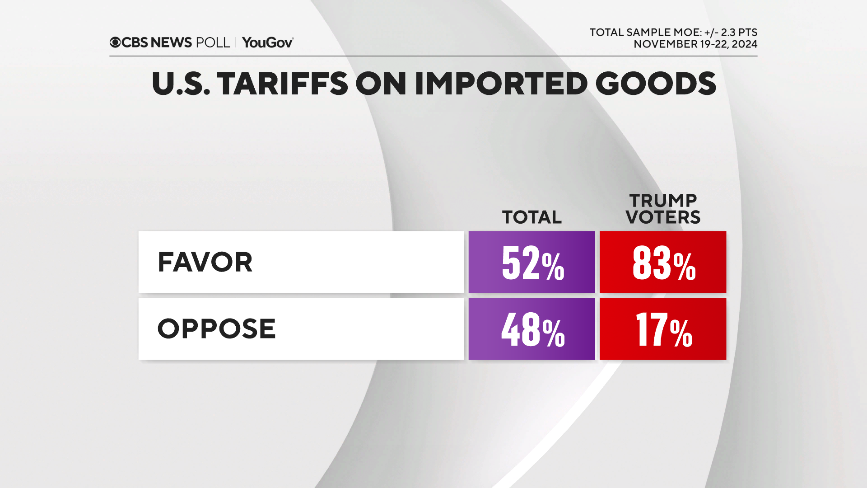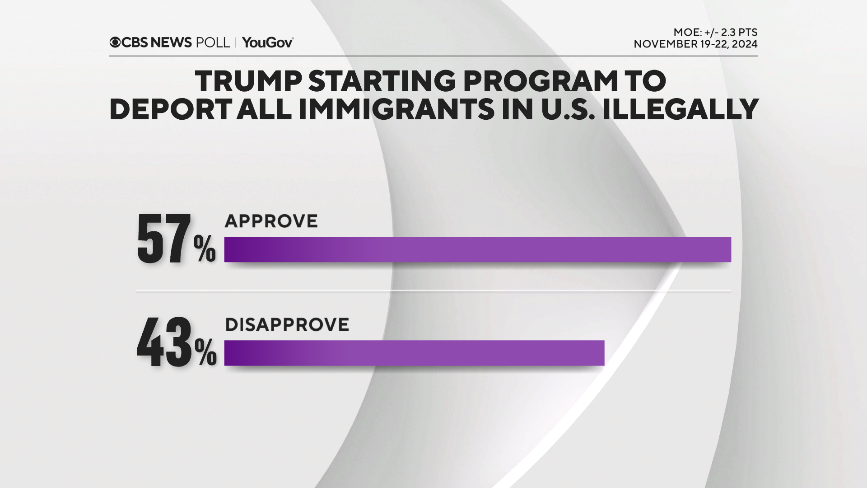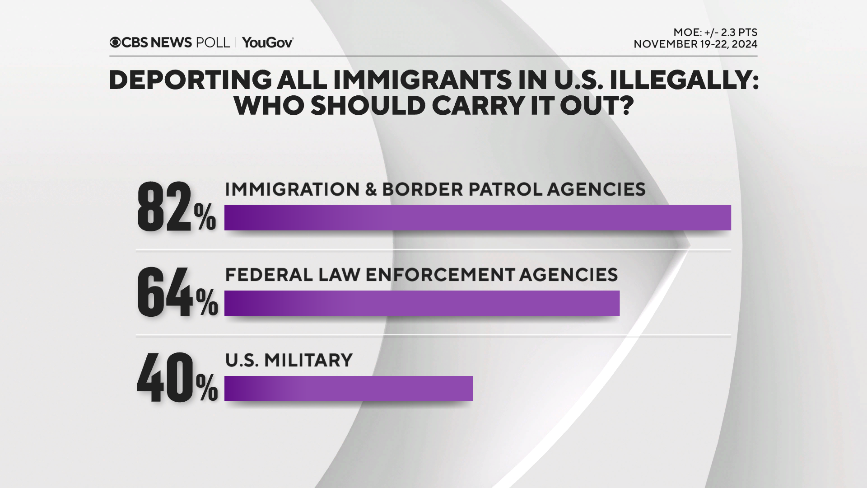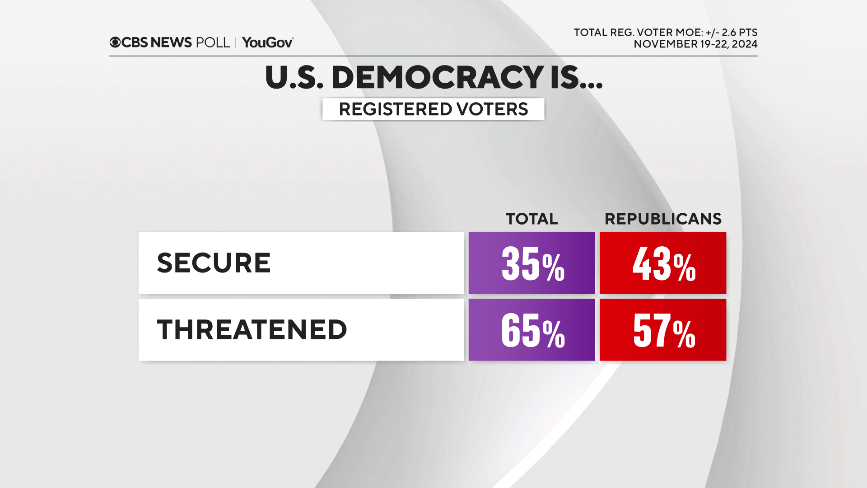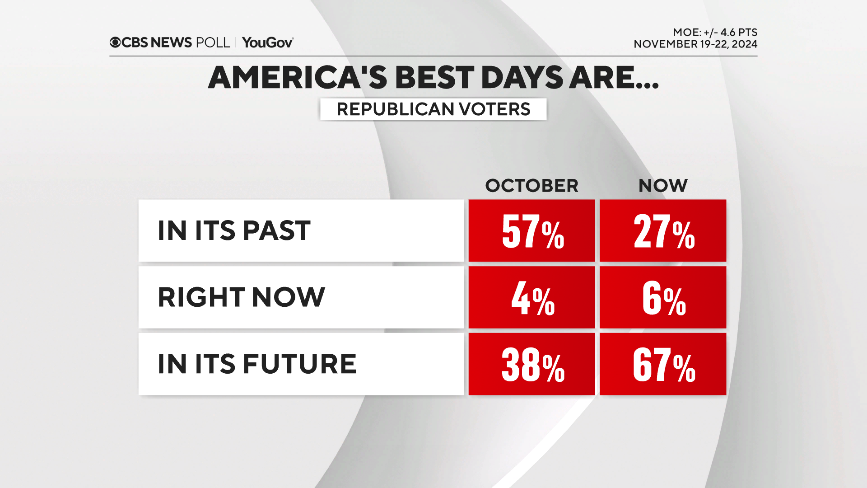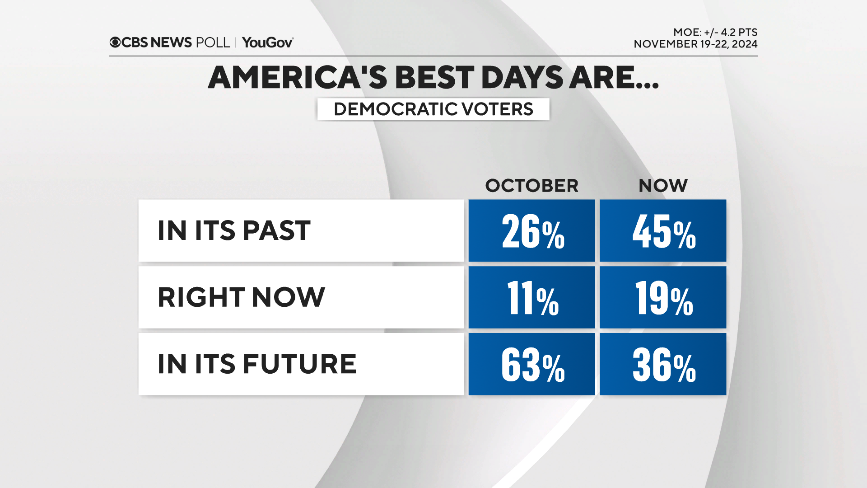CBS News
EPA finalizes stricter rules limiting kids’ exposure to lead paint

Washington — Two weeks after setting a nationwide deadline for removal of lead pipes, the Biden administration is imposing strict new limits on dust from lead-based paint in older homes and child-care facilities.
A final rule announced Thursday by the Environmental Protection Agency sets limits on lead dust on floors and window sills in pre-1978 residences and child-care facilities to levels so low they can’t be detected.
Paint that contains lead was banned in 1978, but more than 30 million American homes are believed to still contain it, including nearly 4 million homes where children under the age of 6 live. Lead paint can chip off when it deteriorates or is disturbed, especially during home remodeling or renovation.
“There is no safe level of lead,” said Michal Freedhoff, EPA’s assistant administrator for chemical safety and pollution prevention. The new rule will bring the United States “closer to eradicating lead-based paint hazards from homes and child care facilities once and for all,” she said.
The EPA estimates the new rule will reduce the lead exposures of up to 1.2 million people per year, including 178,000 to 326,000 children under age 6.
Lead is a neurotoxin that can irreversibly harm brain development in children, lower IQ, cause behavioral problems and lead to lifelong health effects. It also affects other organs, including the liver and kidneys.
The new rule, which takes effect early next year, targets levels of lead dust generated by paint. Currently, 10 micrograms per square foot is considered hazardous on floors, and a concentration 10 times that high is considered hazardous on window sills. The new rule brings both of those levels down to no detectable lead.
The proposed rule also would reduce what level is allowed when a lead-abatement contractor finishes work on a property where lead has been identified as a problem. These levels would be 5 micrograms per square foot on the floor and 40 micrograms per square foot for sills.
Individuals and firms that perform abatement work must be certified and follow specific work practices. Testing is required afterward to ensure dust-lead levels are below the new standards.
Environmental justice and public health experts called the EPA rule long overdue, noting that lead poisoning disproportionately affects low-income communities and communities of color.
“We can all breathe a little easier now that the EPA has significantly lowered its dust lead standard to protect children,” said Peggy Shepard, co-founder and executive director of WE ACT for Environmental Justice, a New York-based advocacy group.
Shepard, who serves on the White House Environmental Justice Advisory Council, said public health experts have long understood there is no safe level of lead in a child’s blood, yet New York state leads the nation in cases of children with elevated blood levels. Black children in Harlem living below the poverty line are twice as likely to suffer from lead poisoning as poor white children, she said.
The U.S. government has gradually been reducing the standard for what counts as poisonous levels of lead in children’s blood, with the most recent change occurring in 2021. But the EPA rule marks an effort to take more proactive action.
“When you are relying on the blood lead level in children to indicate whether there is lead in the environment, we are basically using the children as canaries in the mine,” said Dr. Philip Landrigan, a Boston College biology professor who directs the school’s Program for Global Public Health and the Common Good.
The National Child Care Association said when the lead rule was proposed last year that it could hurt many financially struggling child-care centers – especially those in low-income neighborhoods, where the facilities tend to be older. Without appropriate federal funding, the rule could push small, local child-care centers to close, the group said.
Earlier this month, the federal Department of Housing and Urban Development announced $420 million in grants to remove lead hazards from homes, including HUD-assisted homes. Additional HUD grants will continue to be available to help with lead paint removal, the White House said.
CBS News
Good enough to eat: Noah Verrier’s paintings of comfort food

Watch CBS News
Be the first to know
Get browser notifications for breaking news, live events, and exclusive reporting.
CBS News
A study to personalize nutrition guidance just for you

Watch CBS News
Be the first to know
Get browser notifications for breaking news, live events, and exclusive reporting.
CBS News
CBS News poll finds Trump starts on positive note as most approve of transition handling

President-elect Donald Trump’s incoming administration starts off with mostly good will from the public: a majority of Americans overall are either happy or at least satisfied that he won and are either excited or optimistic about what he’ll do as president.
Trump’s handling of his presidential transition gets approval from most Americans overall and brings near-universal approval from his voters, along with a net-positive response about his selections for Cabinet posts, in particular, Sen. Marco Rubio, who is Trump’s pick to be secretary of state.
After inflation and the economy so dominated the election, Americans are more inclined to think his administration will bring down prices for food and groceries rather than raise them, and his voters overwhelmingly say that. Going into the election, his backers expected that, too.
In a similar vein, Trump’s election already has some Republicans’ views of the economy improving.
Overall, Republicans today are more excited about what Trump will do as president now than they were in 2016 when he was first elected.
Democrats say they feel more scared about what Trump might do than they did in 2016, and a large majority of Democrats think as president he will threaten their rights and freedoms. But at the same time, there seems to be a sense of exhaustion, as fewer than half of Democrats feel motivated to oppose Trump right now.
Americans, and Democrats specifically, do think the Biden administration should work with the incoming Trump administration to ensure a smooth transition, and that congressional Democrats should work with Donald Trump on issues where they find common ground.
Trump and the economy
After winning comes expectations. There’s a net optimism about the incoming administration’s effect on food and grocery prices, especially among Trump’s voters. That comes as most Americans continue to say prices are currently rising. And inflation was a big factor in Trump winning in the first place.
It may be no surprise then that among many potential items for the incoming administration, Americans say plans to lower prices ought to be the top priority.
The percentage of Republicans who call the U.S. economy good, while still low, has gone up, as the percentage who call it very bad has dropped. That pushes voters’ overall evaluation of the economy slightly higher than it’s been this year — and further spotlights how much partisanship, along with optimism, always plays into these evaluations.
Trump selections of Cabinet and agency chiefs for his administration
Trump’s current selections for agency heads and Cabinet picks get rated overwhelmingly as good choices from Trump’s voters, and are net-positive as selections among Americans who have heard enough about them to say. (Many have not heard enough yet.)
As a general rule, Americans want Trump to appoint people who’ll speak their minds and who have experience in the field or agency they’ll run. But in addition to those qualities, Republicans also want people who’ll be loyal to Trump.
A large majority of Republicans and Trump voters think Elon Musk should have at least some influence in the Trump administration. Americans overall are more split on that, largely along partisan lines.
Big majorities of Americans — and a slight majority of Republicans — would like to see the Senate hold hearings on his nominations, rather than let him make those appointments without it.
(Within self-identified Republicans, MAGA Republicans are relatively more inclined to say the Senate should skip the hearings.)
That sentiment holds whether or not people are told or reminded that the Constitution says the Senate should give advice and consent.
As a general matter, though, most of Trump’s voters and most Republicans do want Trump to have more presidential power this term than he did in his last. That sentiment is higher among Republican voters now than during the campaign.
Trump policies
On another economic front, Trump’s voters overwhelmingly favor the idea of tariffs: most of them don’t believe that will make prices higher. (For the third who believe tariffs will raise prices but support them anyhow, this is presumably a cost they’re willing to bear.)
For the public overall, opposition to tariffs goes hand in hand with the belief they’ll lead to higher prices.
As was the case with voters throughout the campaign, most Americans would, in principle, approve of a new mass deportation program.
If the Trump administration does start a mass deportation program, most of the public would have it carried out by law enforcement or current immigration agencies — most would not have the U.S. military do it.
Elections and democracy
The 2024 results have shifted Republicans’ views of U.S. democracy and also returned some confidence to their view of U.S. elections. Few Republicans suspect fraud in 2024. They overwhelmingly did about 2020.
Following Trump’s victory, there’s been an increase in the number of Republicans who say democracy and rule of law is secure, though most Americans continue to say it is not.
Looking ahead, there’s another shift along partisan lines. Throughout the campaign, Republicans said America’s best days were in its past, while Democrats felt they were in the future. These views are reversed now. After Trump’s win, most Republicans feel America’s best days are in its future.
This CBS News/YouGov survey was conducted with a nationally representative sample of 2,232 U.S. adults interviewed between November 19-22, 2024. The sample was weighted to be representative of adults nationwide according to gender, age, race, and education, based on the U.S. Census American Community Survey and Current Population Survey, as well as 2024 presidential vote. The margin of error is ±2.3 points.


